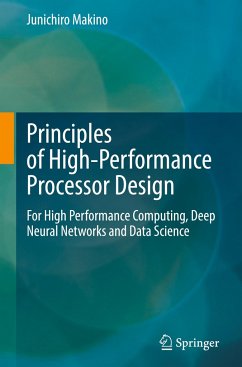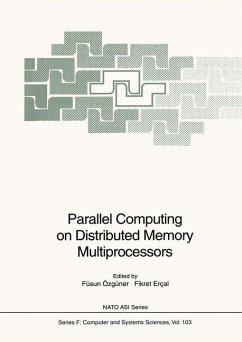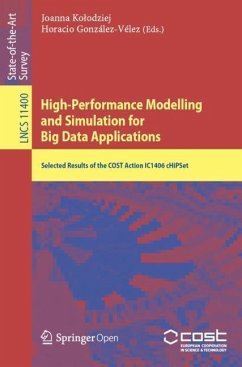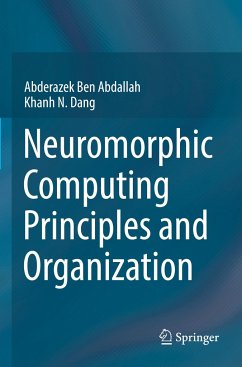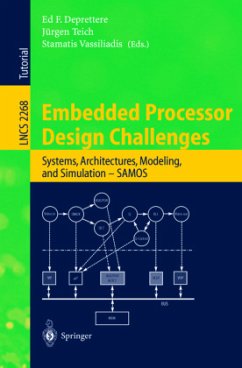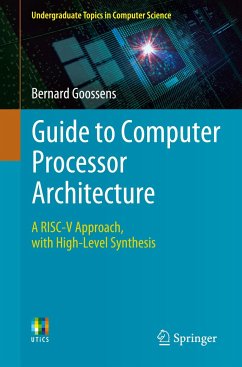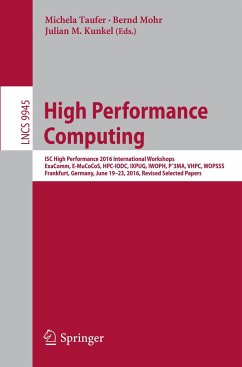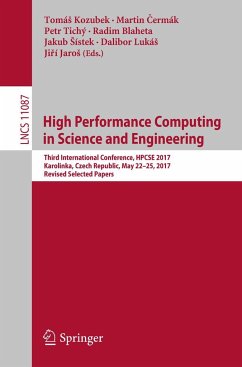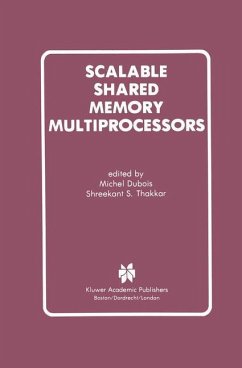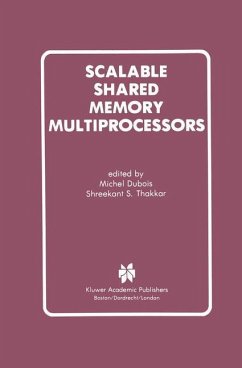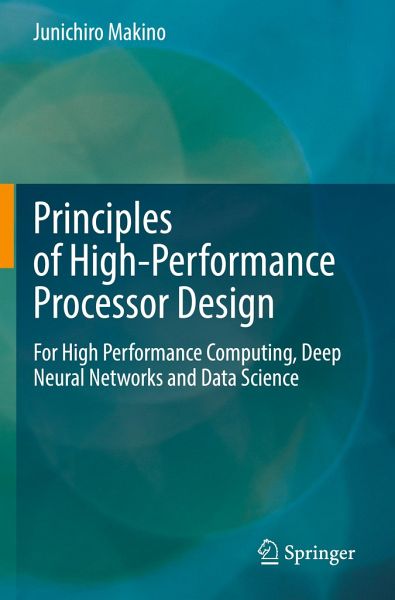
Principles of High-Performance Processor Design
For High Performance Computing, Deep Neural Networks and Data Science
Versandkostenfrei!
Versandfertig in 6-10 Tagen
129,99 €
inkl. MwSt.
Weitere Ausgaben:

PAYBACK Punkte
65 °P sammeln!
This book describes how we can design and make efficient processors for high-performance computing, AI, and data science. Although there are many textbooks on the design of processors we do not have a widely accepted definition of the efficiency of a general-purpose computer architecture. Without a definition of the efficiency, it is difficult to make scientific approach to the processor design. In this book, a clear definition of efficiency is given and thus a scientific approach for processor design is made possible. In chapter 2, the history of the development of high-performance processor ...
This book describes how we can design and make efficient processors for high-performance computing, AI, and data science. Although there are many textbooks on the design of processors we do not have a widely accepted definition of the efficiency of a general-purpose computer architecture. Without a definition of the efficiency, it is difficult to make scientific approach to the processor design. In this book, a clear definition of efficiency is given and thus a scientific approach for processor design is made possible.
In chapter 2, the history of the development of high-performance processor is overviewed, to discuss what quantity we can use to measure the efficiency of these processors. The proposed quantity is the ratio between the minimum possible energy consumption and the actual energy consumption for a given application using a given semiconductor technology. In chapter 3, whether or not this quantity can be used in practice is discussed, for many real-world applications.
In chapter 4, general-purpose processors in the past and present are discussed from this viewpoint. In chapter 5, how we can actually design processors with near-optimal efficiencies is described, and in chapter 6 how we can program such processors. This book gives a new way to look at the field of the design of high-performance processors.
In chapter 2, the history of the development of high-performance processor is overviewed, to discuss what quantity we can use to measure the efficiency of these processors. The proposed quantity is the ratio between the minimum possible energy consumption and the actual energy consumption for a given application using a given semiconductor technology. In chapter 3, whether or not this quantity can be used in practice is discussed, for many real-world applications.
In chapter 4, general-purpose processors in the past and present are discussed from this viewpoint. In chapter 5, how we can actually design processors with near-optimal efficiencies is described, and in chapter 6 how we can program such processors. This book gives a new way to look at the field of the design of high-performance processors.



